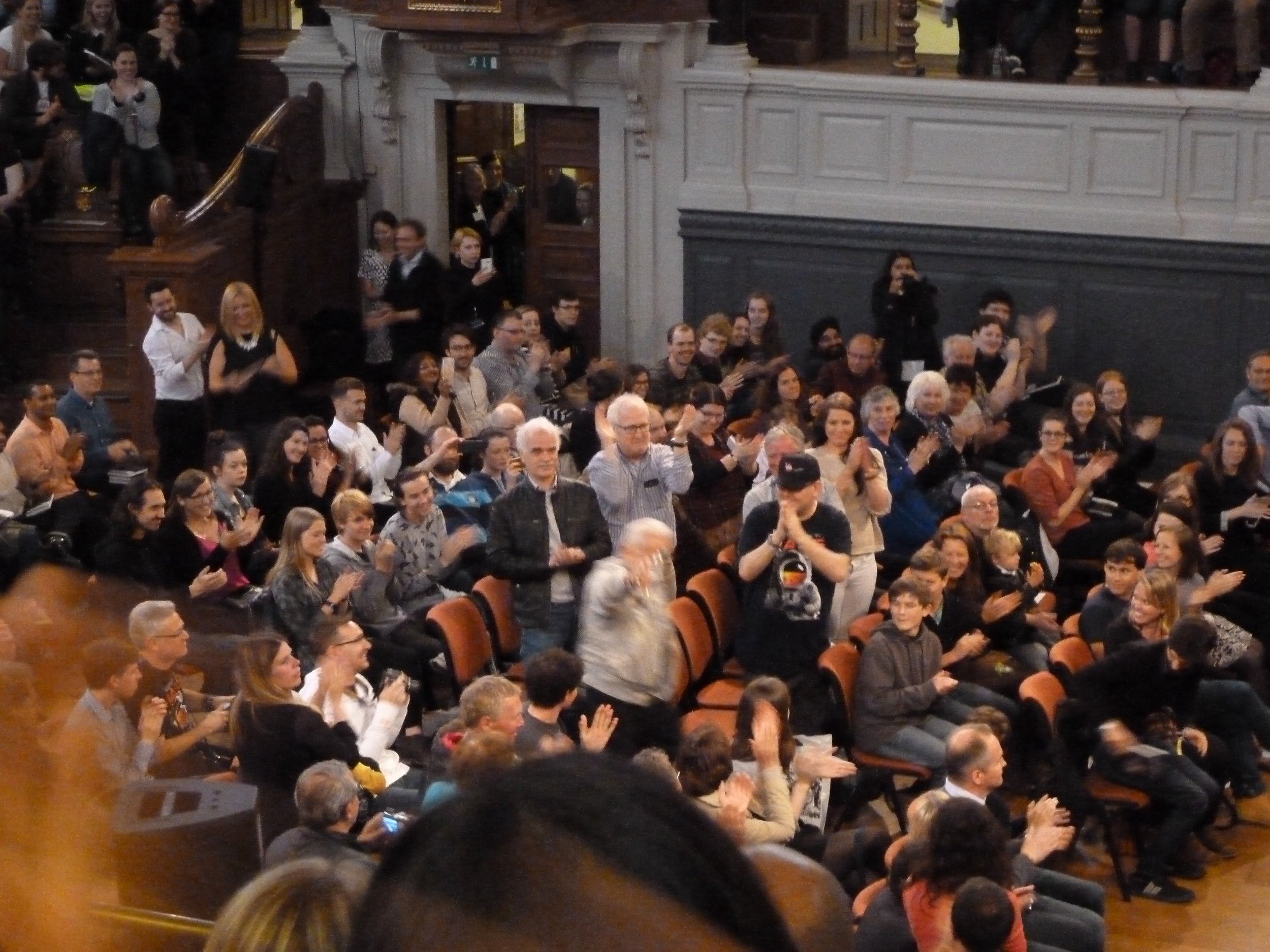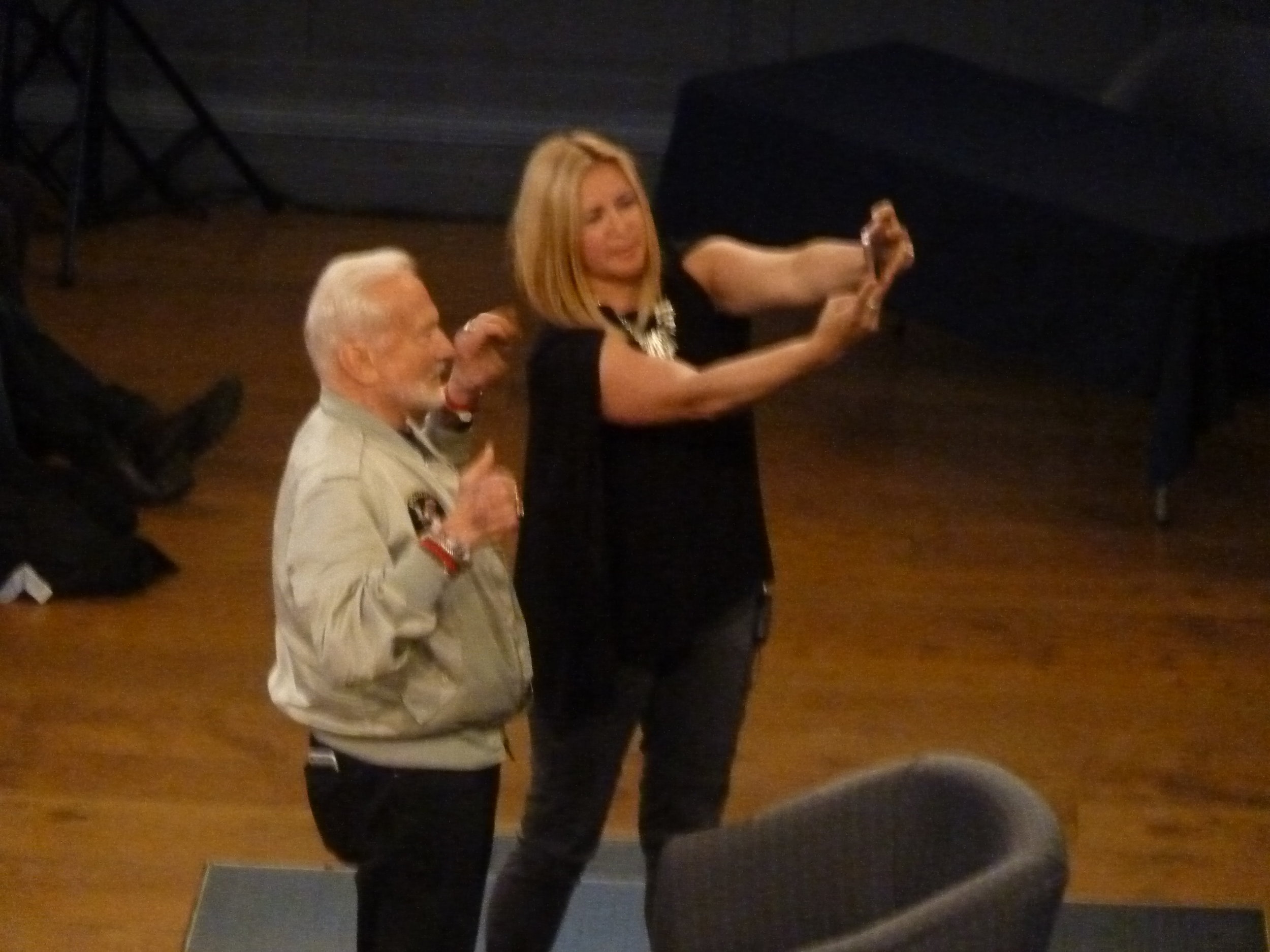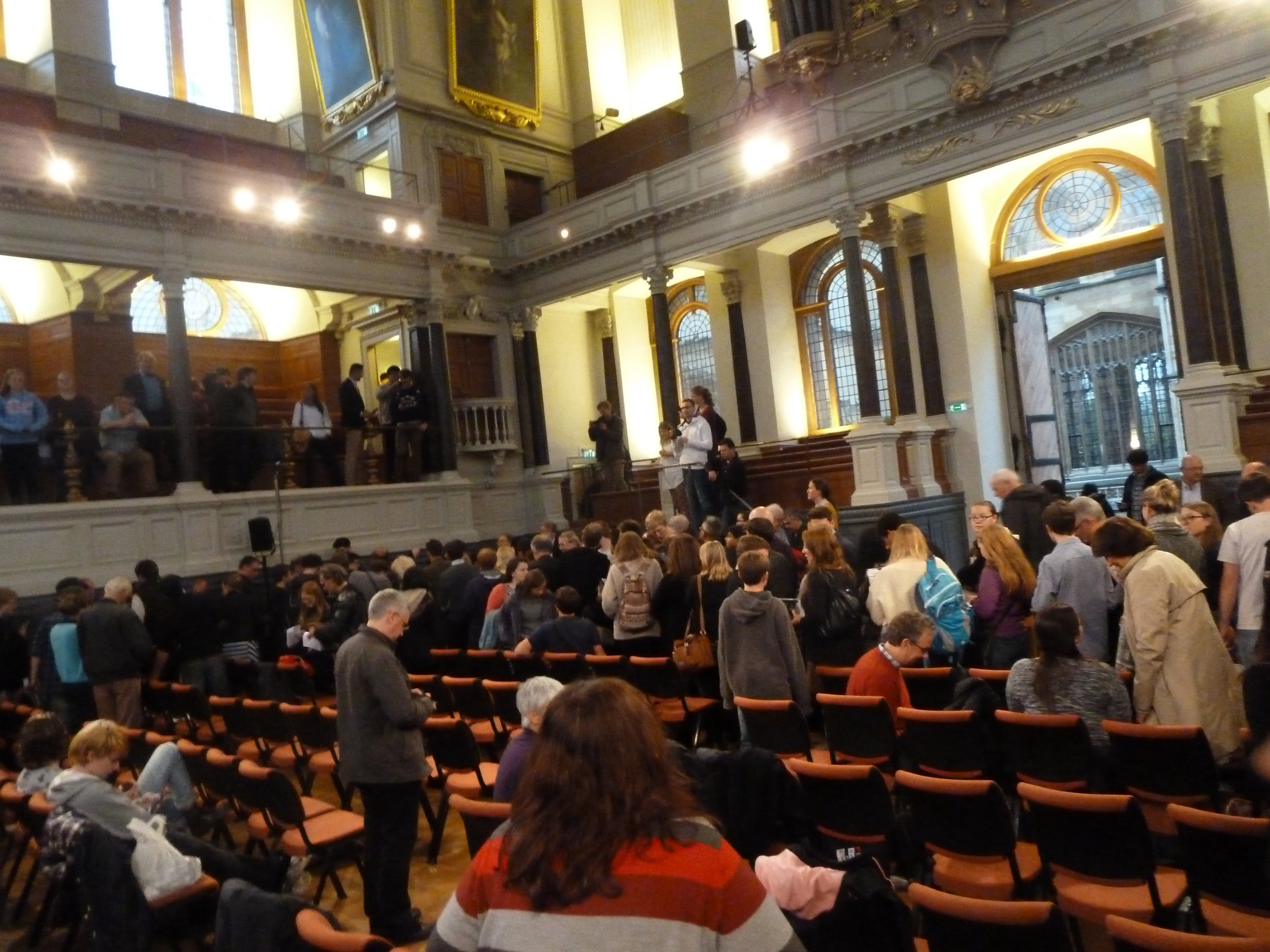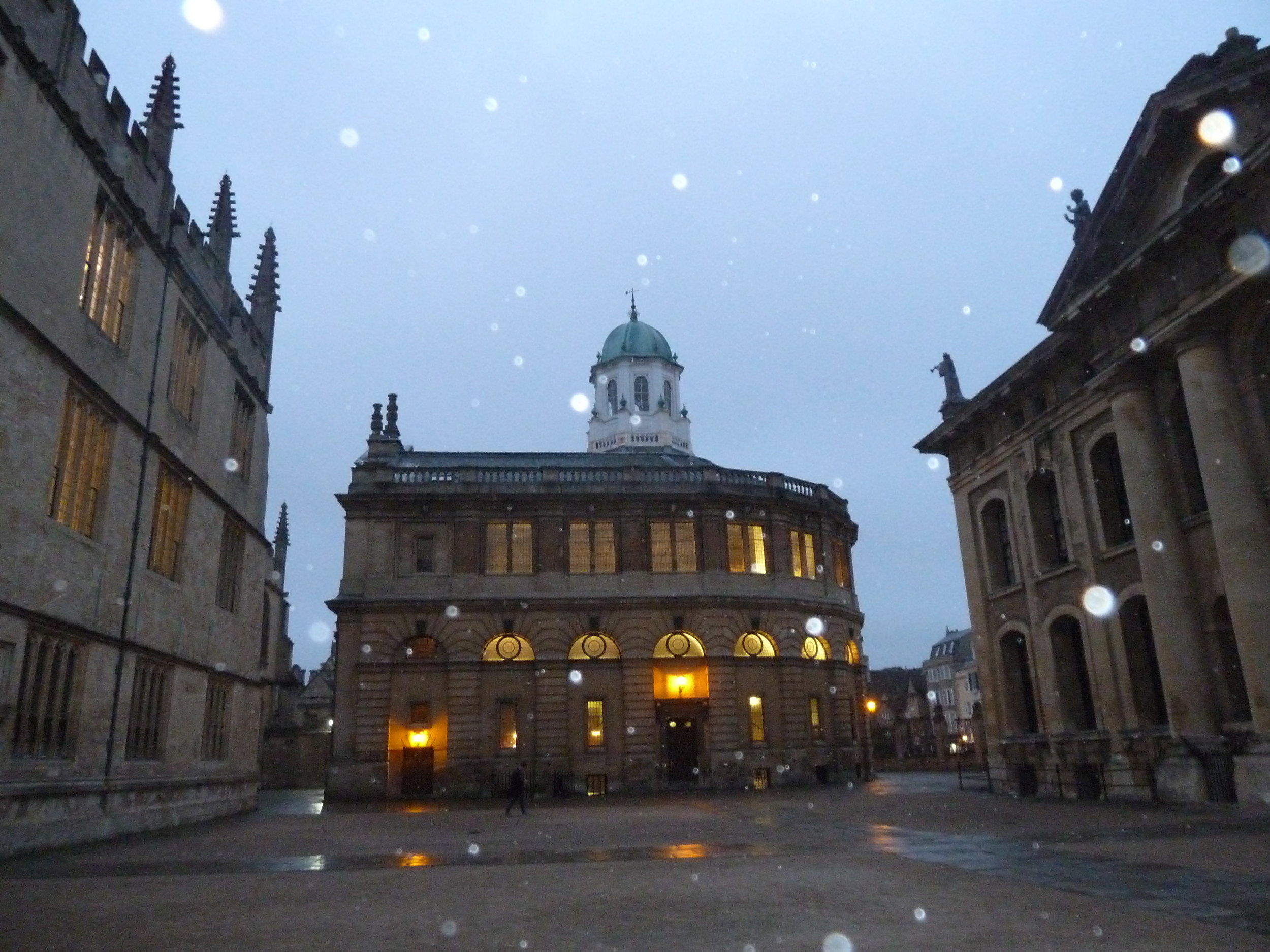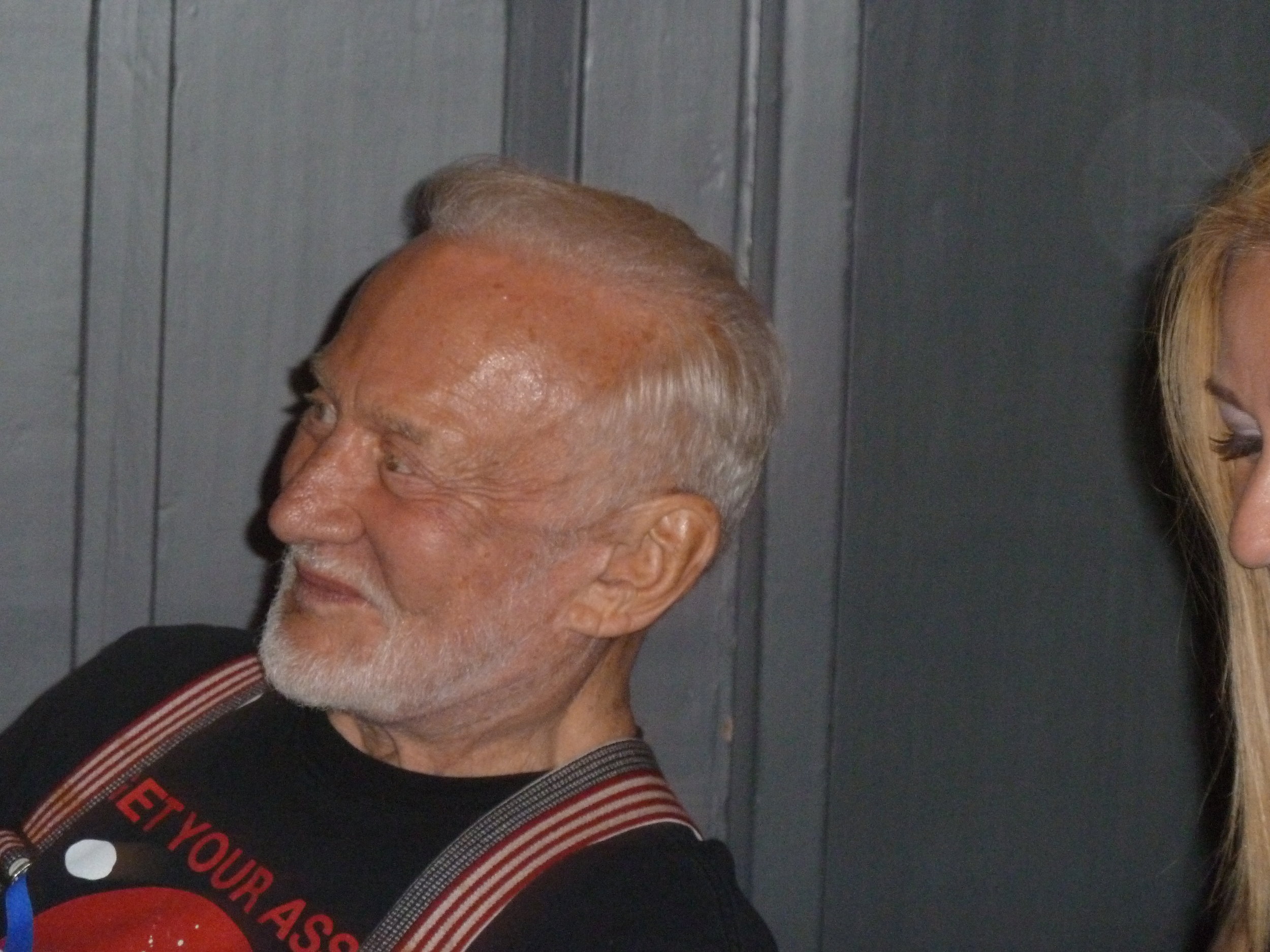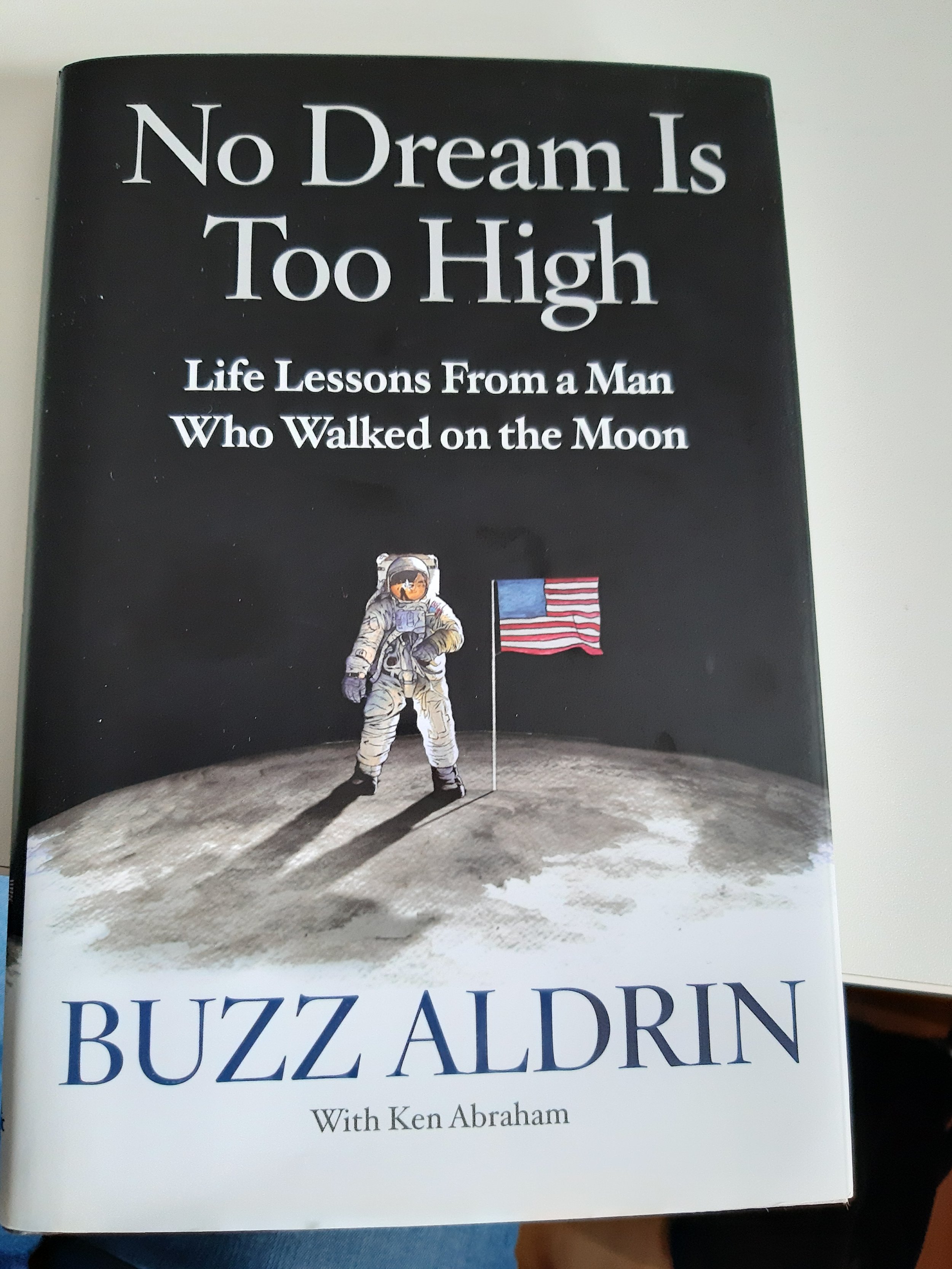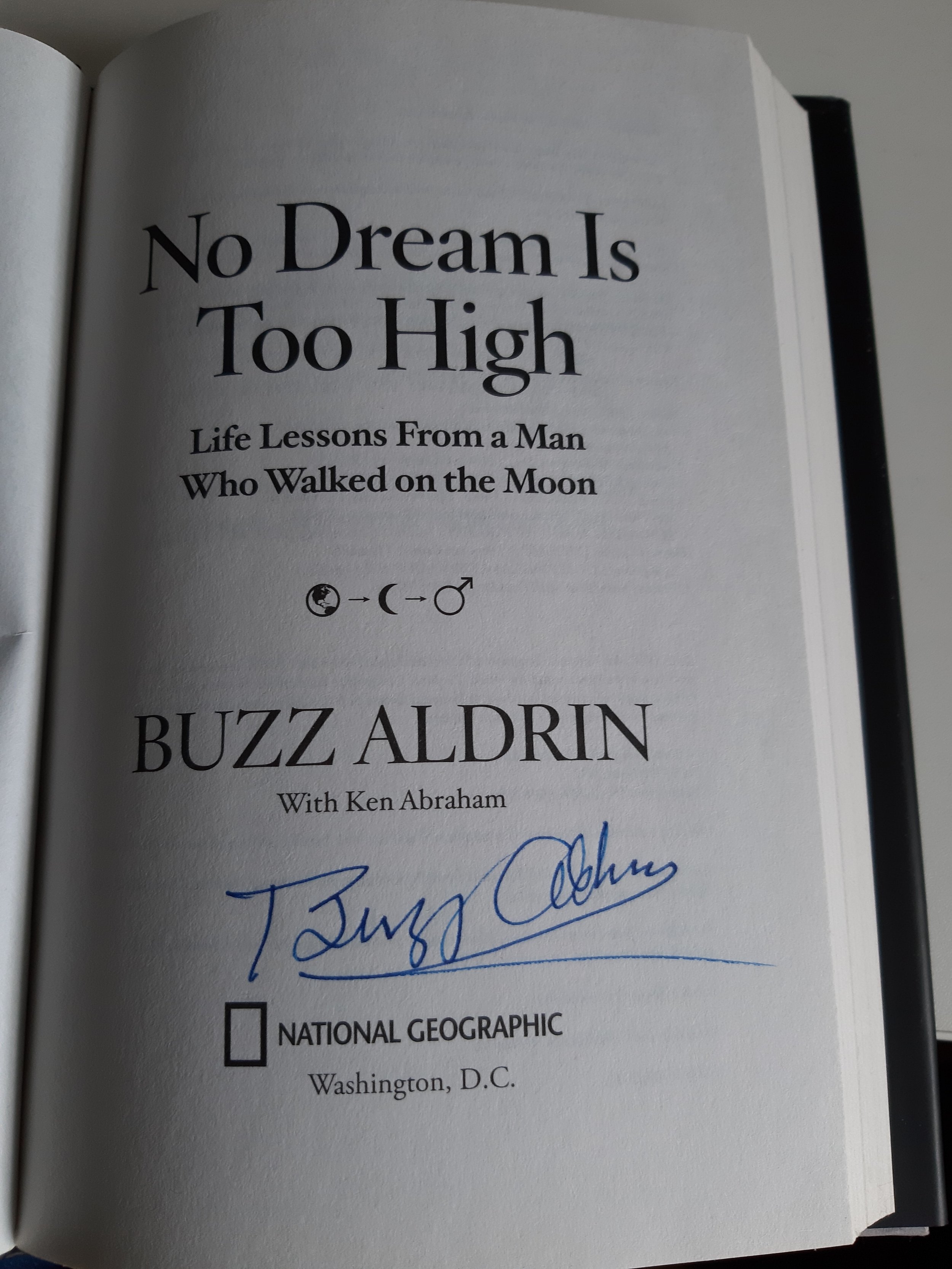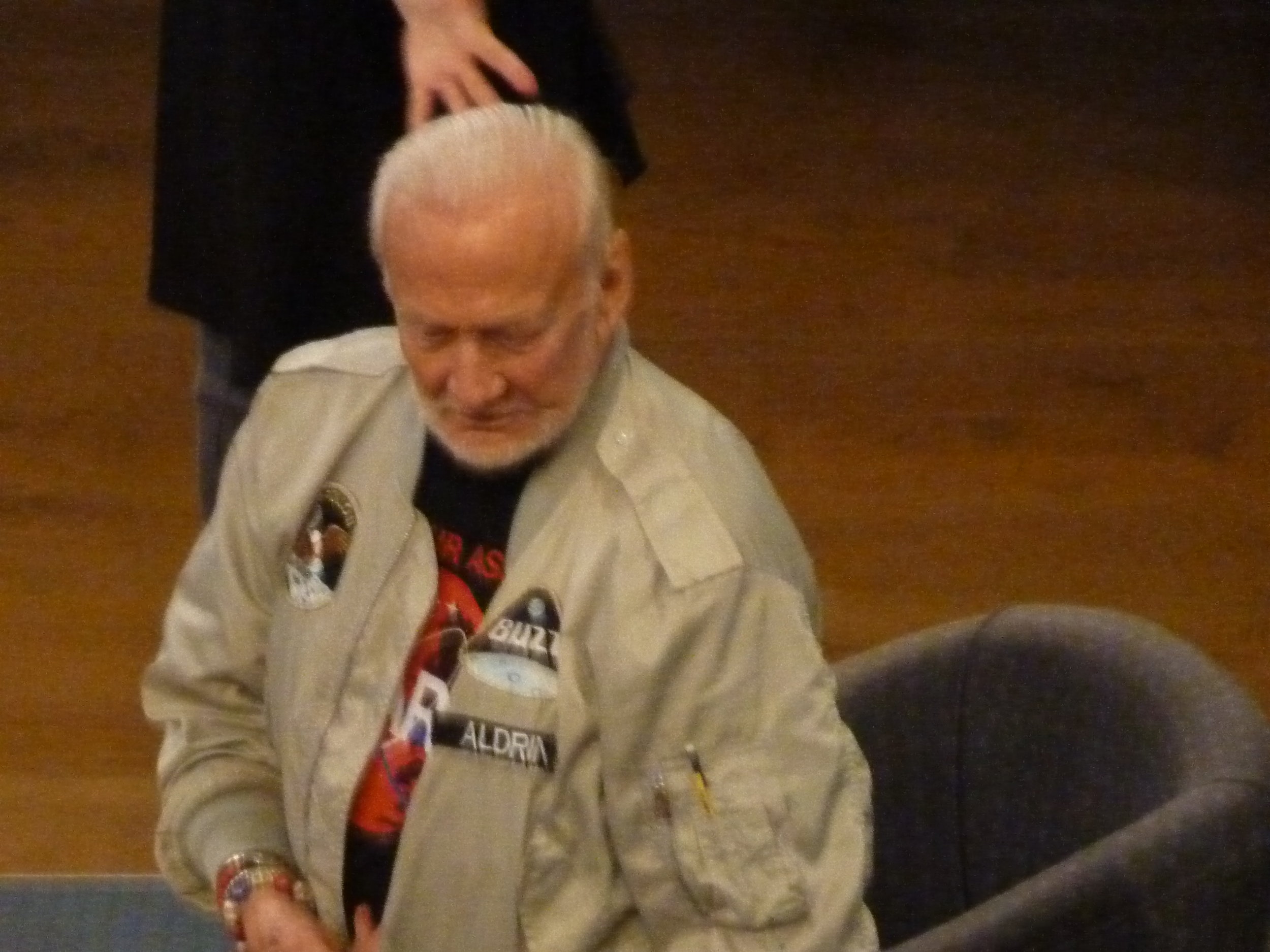You may have noticed this blog has been quiet for a little while. It’s because I’ve been fighting with my body. Or, to be more precise, I’ve been learning not to fight my body.
At the end of last year, I ran into a wall. I had been pushing myself, the way I do. When it complained, I told my body to shut up and keep on going. This is what we are all so guilty of. We live in a society that says do it, have it, keep burning the candle at both ends. Face it, conquer it. Your body is your vehicle. Your body is your servant. Your body is not as important to you as your mind and soul. It is merely the container for those abstract, superior elements. Exhaustion is your default state – but that’s a good thing, isn’t it? It shows you’re putting in effort; in modern culture, striving and effort are gold badges of worth.
Then there comes the day when the body says ‘Enough’. It tells you, ‘I’ve had it with this attitude. I’ve had it with you not taking care of yourself. Of me.’
That rebellion can take the form of an exhaustion so draining there is no functionality left. Illness creates a fog in the mind. That questing, rational brain of yours can no longer dart about. It is lassoed from below and chained to a body that now asserts itself as having primacy.
Or a grumbling, niggling level of illness suddenly grows into something unmistakable. Something that fills the foreground of your awareness and stops you thinking of anything else. The body’s main weapon in this is pain. Pain makes you sit up and pay attention, like nothing else does or can.
This is what happened to me. Two health issues reached crisis point in December. I was told both required operations. One of those operations I have now had (the other isn’t so urgent). Three weeks on from the operation, I look back and take stock of it all. For weeks beforehand, virtually unable to eat and living with the fear of severe pain if I ate the wrong thing, my energy levels and my mental acuity both went through the floor. In the recovery phase, I have had to learn patience. Passivity. A willingness to wait. I am not good at those things!
Regular readers know I’m writing a book on mindset for writers. Oh, the irony! I had to live my own advice. I had to understand that I couldn’t push on with the book and publish as speedily as I had planned. Nor did I want to, once I had accepted the situation. Why? Because, quite simply, the book would not have been good enough. The book wouldn’t have been as rich and considered as I wanted it to be. There is pushing on, there is driving on – and there is the old proverb about more haste, less speed. I would add: more haste, poorer quality.
So how have I used the time of this health crisis? I have learned to sit and think, quietly. I have learned to doze and not feel guilty about that. I have learned to give my body time to rest and heal. It deserves that care and respect.
I am lucky enough to work mainly at home, but my new morning regime has involved staying in bed, reading and writing, in what I call ‘the bed office’. This has been amazingly productive in the last three weeks, as my brain revives and with it the enthusiasm and joy I feel about the book. It was not dead; it was merely sleeping.
I have written parts I would not have written had I not had this crisis. This is the creative paradox of it all.
If you are a writer and your health challenges you, either temporarily or continually, here are some recommendations I hope will help you:
· Maintain awareness that you are not separate from your body.
· Imagination is a wonderful thing but it can be two-edged in that we imagine the worst results from our symptoms (even without late-night Google searches!) However, remember that it’s your imagination that gives you the empathy to be a richer writer.
· Try to turn resistance and resentment into acceptance. We use the ‘fighter’ image so often when it comes to illness, but it isn’t always the appropriate way to look at it.
· If you can’t write, use the time to read and ponder – you are refilling the creative well.
· Illness isn’t romantic. You’re not one of the Brontë sisters (and what they endured was pretty hellish). Illness isn’t pretty. But it is human and it brings out human kindness. Accept help from others even if you’re the stubbornly independent type.
· Do what you can, not what you think you must. Do the minor things and don’t obsess about the central task you really can’t cope with right now.
· If the work has worth, it won’t go away. It will wait for you. Have faith.
Interested in reading The Unputdownable Writer’s Mindset? Sign up here for advance news and sneak peeks in the run-up to publication.
I am really excited to be talking about mindset during the Women in Publishing online summit March 2-8 2020! Grab your free pass here. This gives you 24 hour access to an incredible range of talks and presentations on all aspects of writing and publishing. Or you can upgrade to the Full Access pass at an early bird rate before March 1.


